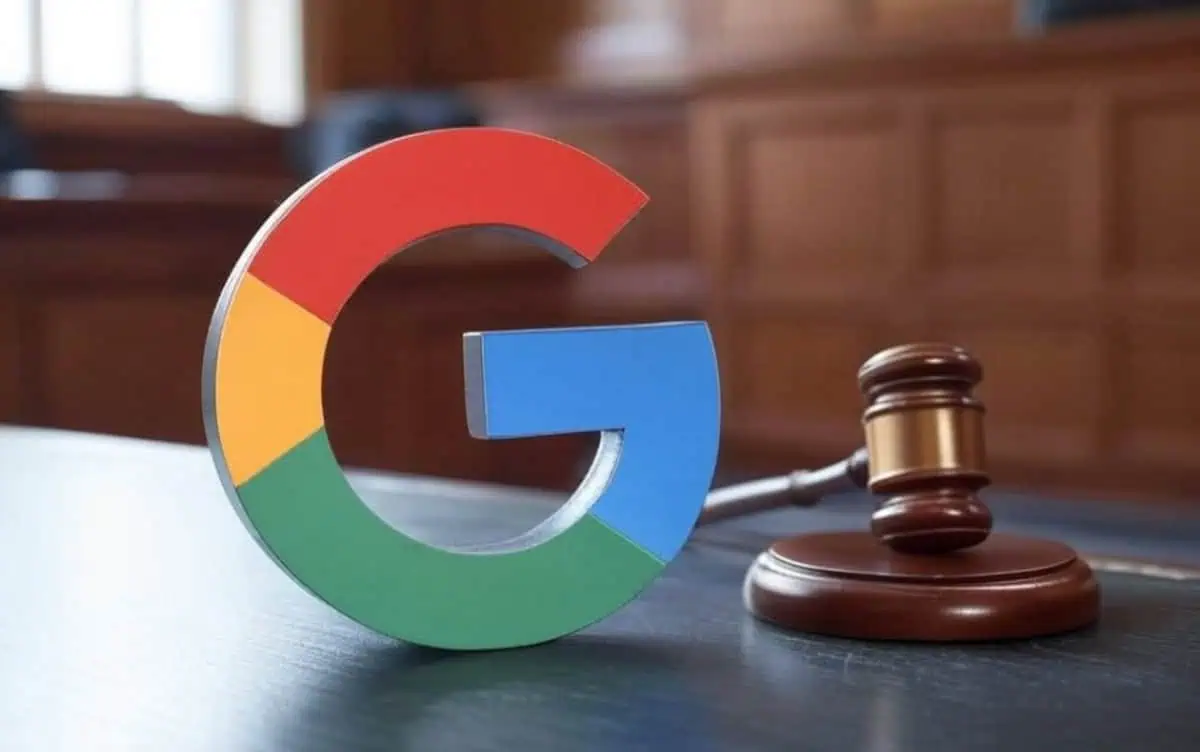Top Stories
Google Declares Open Web Dying as DOJ Pushes to Break Ad Monopoly

UPDATE: Google has just declared that the open web is already in rapid decline, a striking assertion as the U.S. Department of Justice (DOJ) gears up for a critical antitrust trial concerning the company’s advertising practices. This trial, set to begin in just 14 days, could reshape the digital advertising landscape.
In a recent submission to the court, Google faced off against the DOJ’s Proposed Final Remedies, spanning over 60 pages. Google’s counterarguments, detailed in 25 pages, highlight the stakes involved in this legal battle. If accepted by Judge Brinkema, the DOJ’s remedies could signify a monumental win for a more equitable digital advertising ecosystem.
The DOJ’s proposals include a demand for Google to divest AdX, its advertising exchange, and possibly DFP, its publisher ad server. This move aims to dismantle Google’s vertical monopoly, which critics argue leads to conflicts of interest and unfair auction practices. Alongside divestiture, Google would be prohibited from self-preferencing its own advertising tools and implementing other discriminatory practices.
Jason Kint, CEO of Digital Content Next, emphasized the significance of the DOJ’s requests, stating that if approved, they could “unwind two illegal Google monopolies” and foster a competitive advertising market. The DOJ is also pushing for Google to place 50% of its net revenue from AdX and DFP into a court-monitored escrow by April 17, 2025, to support publishers transitioning away from its platforms.
The urgency of the situation is palpable. Google is now required to open-source the code behind its ad auctions, enhancing transparency for publishers and advertisers alike. This measure aims to eradicate Google’s advantage derived from privileged access to critical data, thereby leveling the playing field in adtech.
However, Google’s claim that the open web is in decline raises eyebrows. Kint criticized this assertion, pointing out that Google has long dominated the distribution and monetization of online content. The tech giant argues that the rise of AI has transformed the web landscape, introducing new players such as AI chatbots that are gaining popularity.
As this legal saga unfolds, the implications extend beyond corporate interests. The fate of countless publishers hangs in the balance, and the outcome could redefine the future of digital media. Kint is optimistic that Judge Brinkema will endorse the DOJ’s remedies, but the final decision remains uncertain.
With the trial fast approaching, all eyes will be on the courtroom as these critical arguments are presented. The upcoming days are pivotal, not only for Google but for the entire ecosystem of online publishing and advertising.
Stay tuned for updates as this developing story unfolds.
-

 World3 months ago
World3 months agoScientists Unearth Ancient Antarctic Ice to Unlock Climate Secrets
-

 Entertainment3 months ago
Entertainment3 months agoTrump and McCormick to Announce $70 Billion Energy Investments
-

 Lifestyle3 months ago
Lifestyle3 months agoTransLink Launches Food Truck Program to Boost Revenue in Vancouver
-

 Science3 months ago
Science3 months agoFour Astronauts Return to Earth After International Space Station Mission
-

 Technology2 months ago
Technology2 months agoApple Notes Enhances Functionality with Markdown Support in macOS 26
-

 Top Stories2 weeks ago
Top Stories2 weeks agoUrgent Update: Fatal Crash on Highway 99 Claims Life of Pitt Meadows Man
-

 Sports3 months ago
Sports3 months agoSearch Underway for Missing Hunter Amid Hokkaido Bear Emergency
-

 Politics3 months ago
Politics3 months agoUkrainian Tennis Star Elina Svitolina Faces Death Threats Online
-

 Technology3 months ago
Technology3 months agoFrosthaven Launches Early Access on July 31, 2025
-

 Politics3 months ago
Politics3 months agoCarney Engages First Nations Leaders at Development Law Summit
-

 Entertainment3 months ago
Entertainment3 months agoCalgary Theatre Troupe Revives Magic at Winnipeg Fringe Festival
-

 Politics2 weeks ago
Politics2 weeks agoShutdown Reflects Democratic Struggles Amid Economic Concerns





















